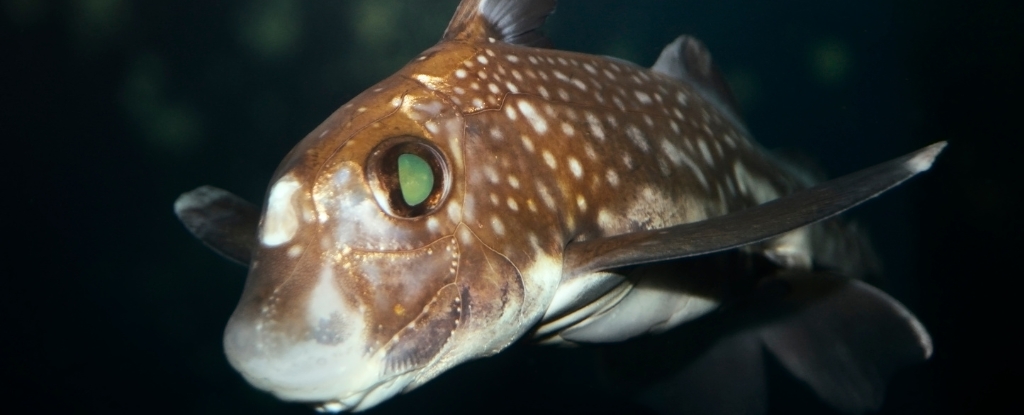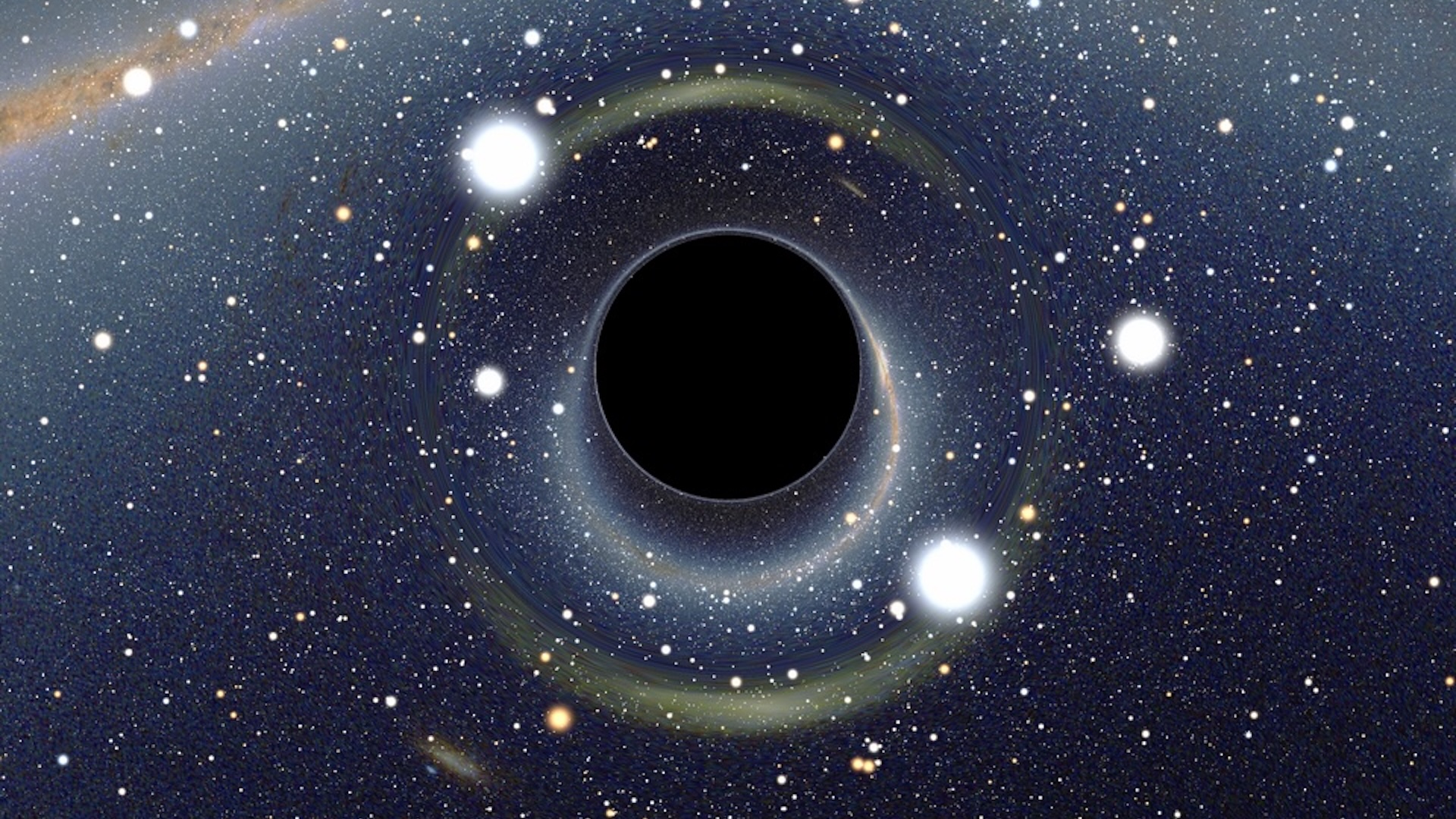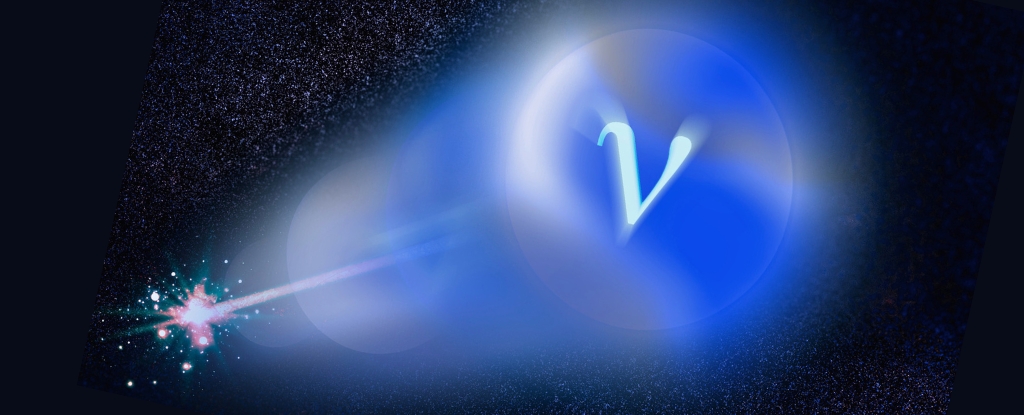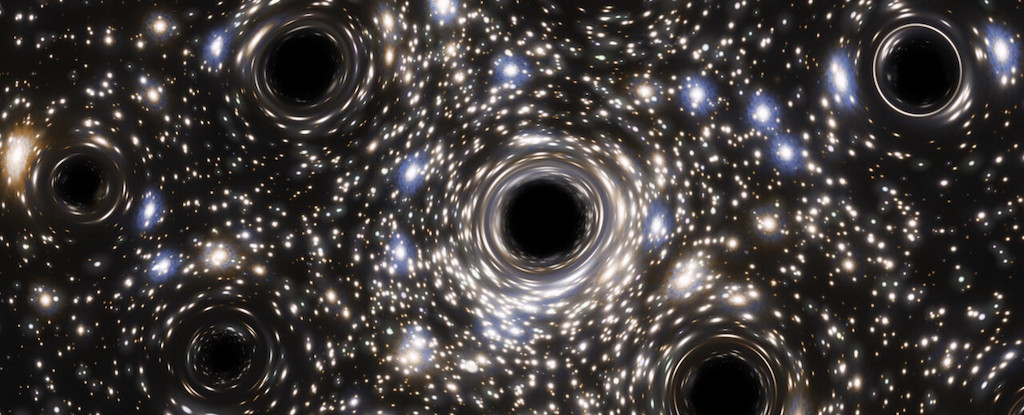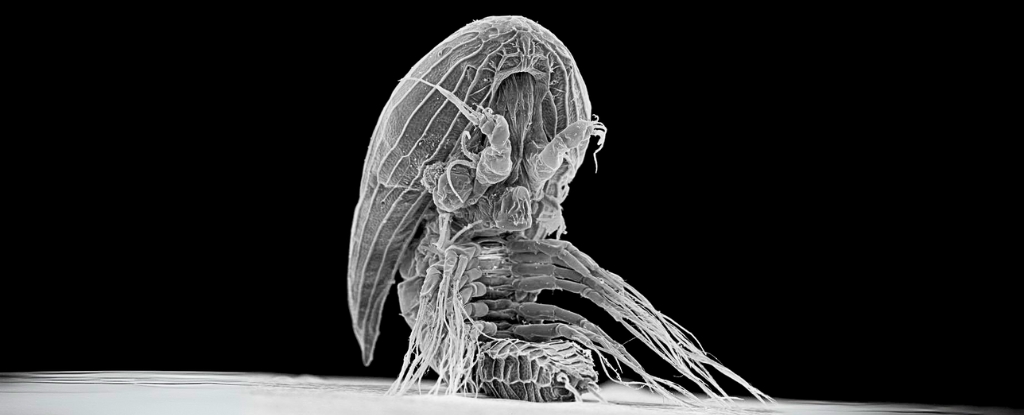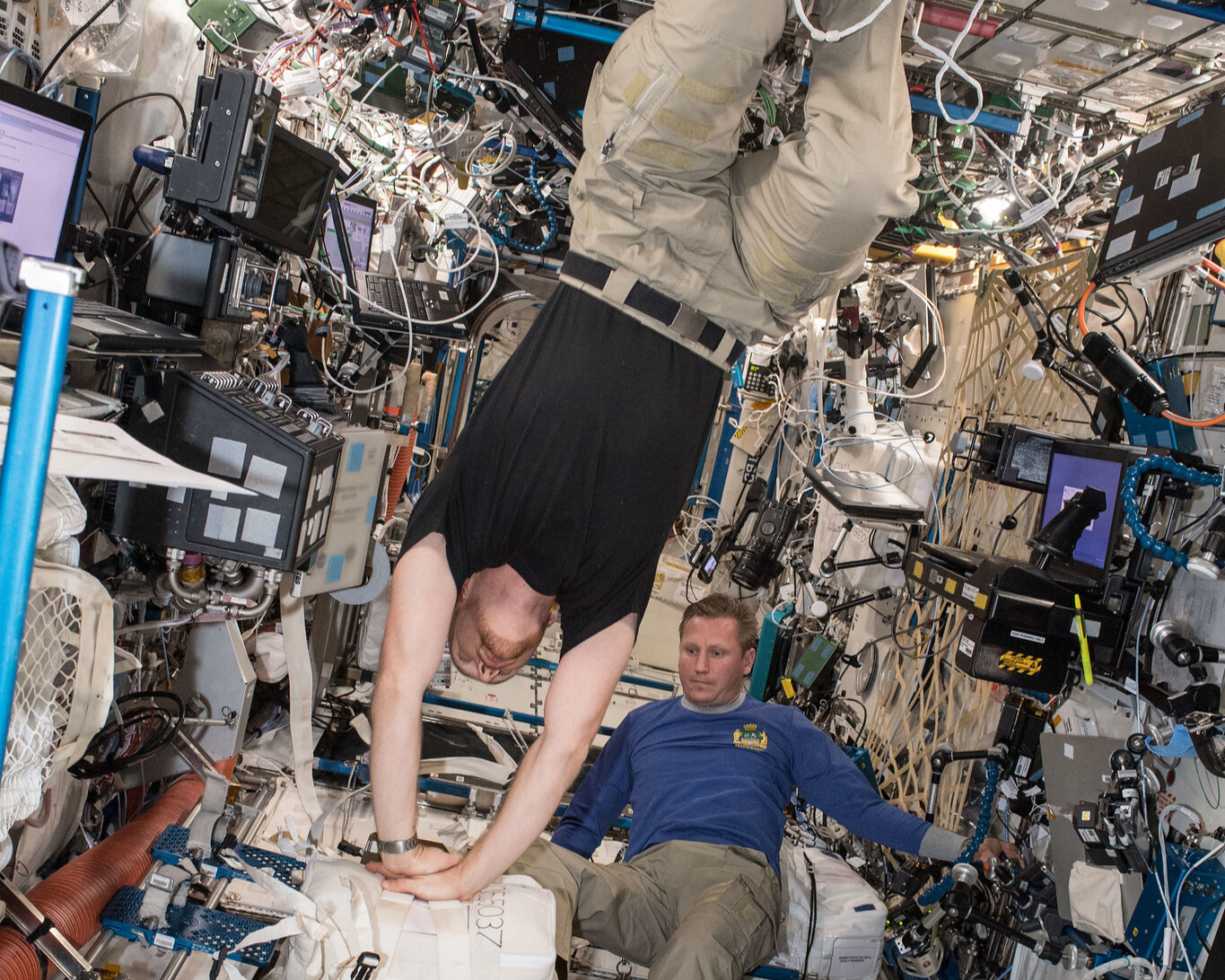Orca Moms Teach Their Young to Drown Prey? Shocking New Footage Reveals their Dark Training Techniques!
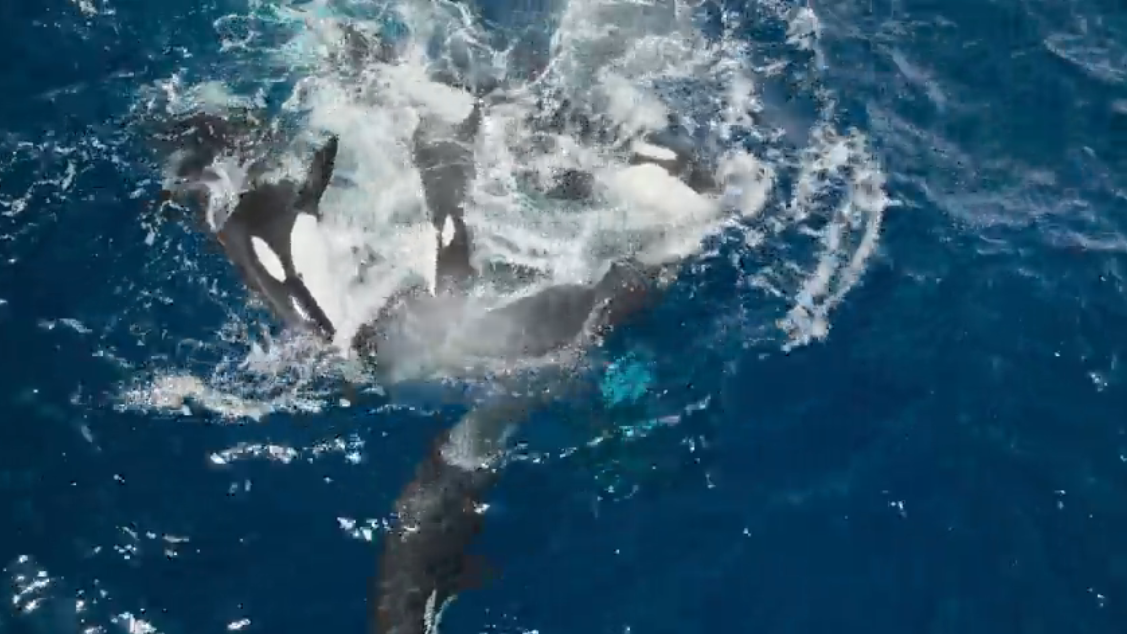
Did you know that orca mothers engage in some of the most brutal lessons found in nature? Yes, it's true! A groundbreaking video has just emerged showing orca moms teaching their young how to pretend-drown each other, a shocking survival skill that helps them target the largest animals on the planet.
In this astonishing footage, captured off the coast of Bremer Bay in Western Australia, a young orca—also known as an orcinus orca—plays the role of prey while the rest of the pod surrounds it. The chilling scene unfolds as they submerge the young orca's blowhole, effectively preventing it from breathing. This intense practice session not only teaches the youngsters vital hunting techniques but also prepares them for the chilling reality of adult life.
Later in the clip, the pod applies these tactics in a real-world scenario while hunting a blue whale (Balaenoptera musculus). It's a breathtaking yet terrifying sight as the orcas ambush the leviathan, attempting to submerge its blowhole. However, the footage leaves viewers on the edge of their seats, as it remains unclear if they succeed in this perilous hunt.
While researchers have long known that orcas can kill whales through drowning, this particular practice behavior had never been documented before. A spokesperson for the BBC, which filmed this remarkable footage for the new nature series “Parenthood,” explains that this revelation showcases orca intelligence and adaptability like never before.
The captivating narration comes from none other than Sir David Attenborough, the legendary British biologist and broadcaster. He emphasizes, “These orcas need to be on top of their game. They hunt the largest animals that have ever lived: blue whales.” And let’s face it—when you’re going after a creature that can weigh over 200 tons, you need every strategy at your disposal!
The technology behind the filming was just as impressive as the content itself. Filmmakers employed specialized underwater stabilizing devices called gimbals and tow cameras, allowing them to glide alongside the orcas at their speed. This advancement provided unparalleled insights into their behavior.
Bremer Bay, known for being the largest congregation of orcas in the Southern Hemisphere with about 200 individuals, serves as a remarkable backdrop for this footage. Generally, these pods range from six to twenty members and tend to feast on giant squid and colossal squid rather than blue whales. Yet, experts suggest that orcas chase blue whales not primarily for food, but for the thrill—almost like a cat playing with its prey.
However, confronting an adult blue whale poses significant risks, leading orcas to typically target sick individuals or those with calves. Calves tire more quickly, making them prime targets for the highly intelligent and strategic orcas.
The BBC series “Parenthood” explores various survival strategies of animal parents, providing a fascinating glimpse into the wild. In the U.S., viewers can expect to see the series air on PBS's “Nature” later this year or early next year. And let’s just say, there are plenty of jaw-dropping moments ahead!
Jeff Wilson, the series' director, shared his stunning favorite, describing an African social spider that sacrifices its own body to feed its offspring in a phenomenon called matriphagy. Yes, the animal kingdom is full of bizarre and astonishing stories!











